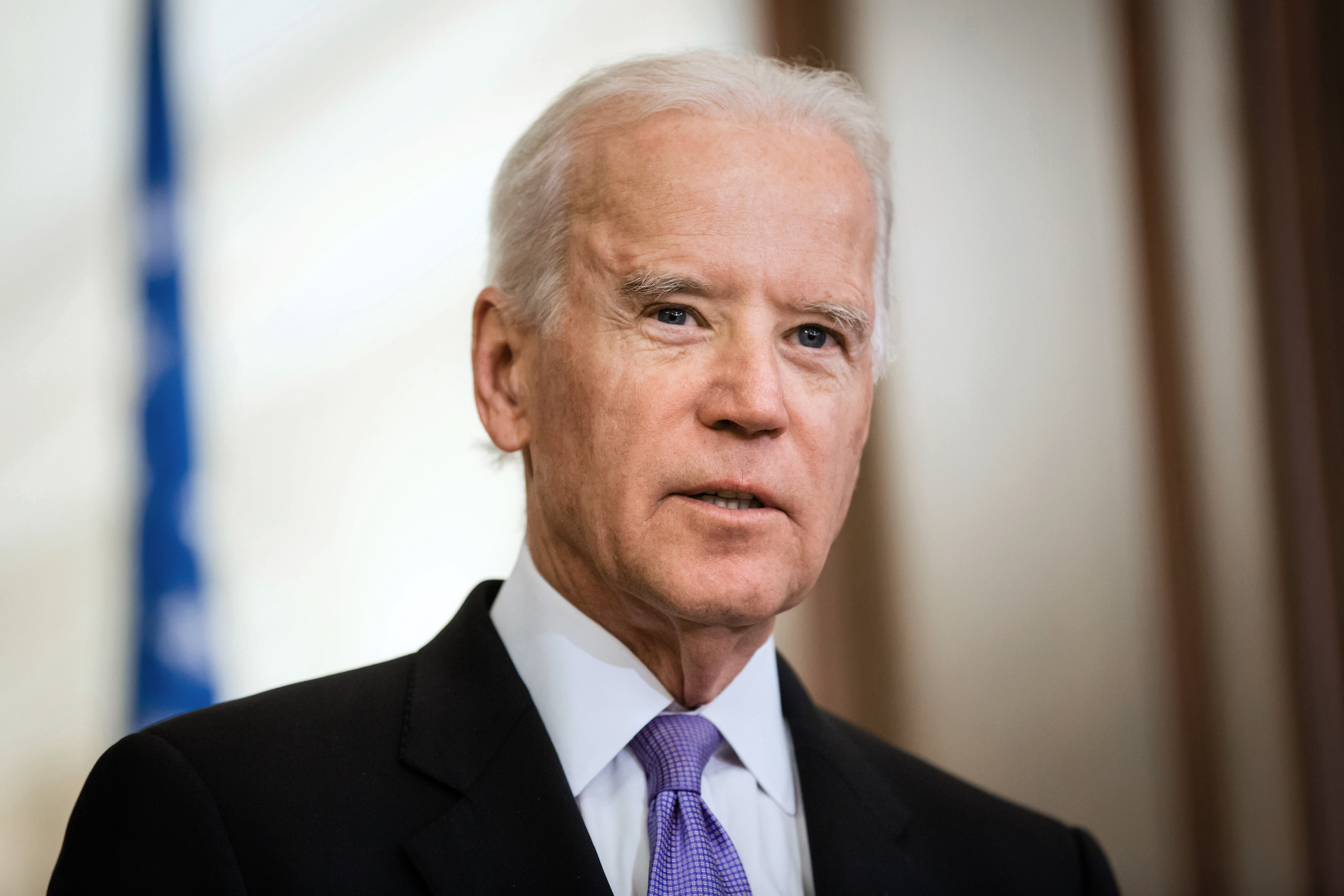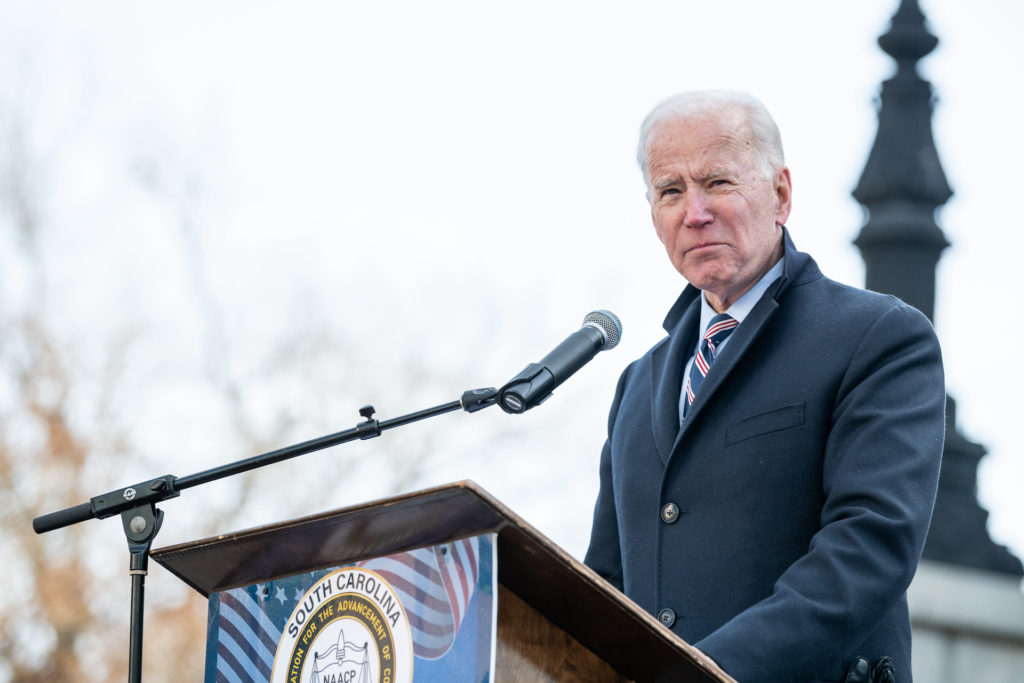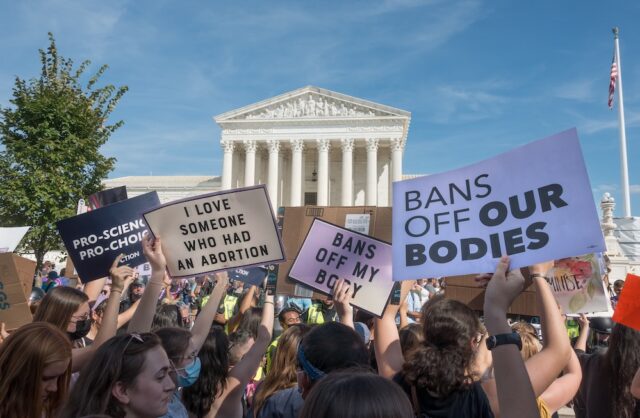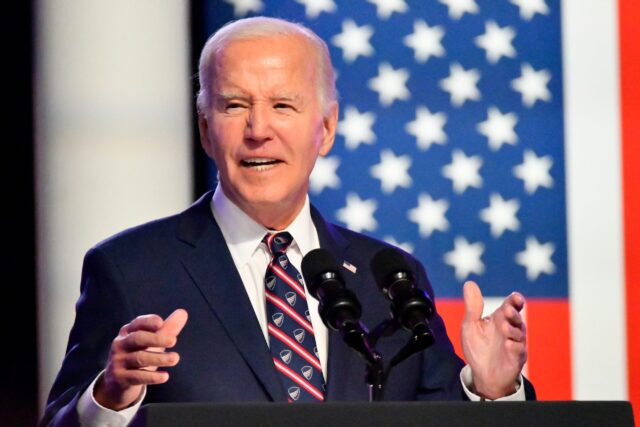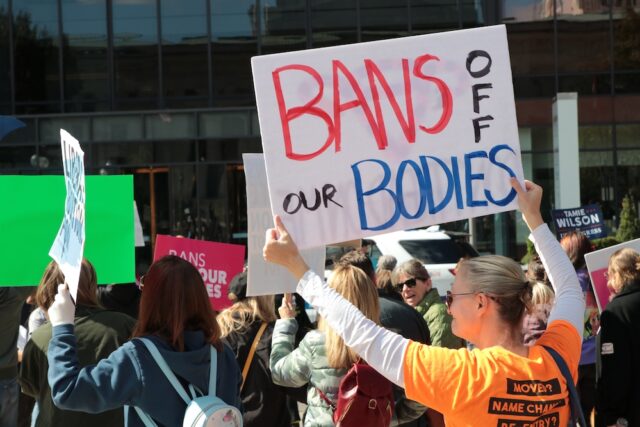President Biden Has Issued His First Pardons and Prison Commutations
On Tuesday President Joe Biden issued his first batch of pardons and 75 prison sentence commutations for nonviolent drug offenders.
The commutations and two of the three pardons went to those convicted of federal drug offenses.
Today, I granted pardons to three people and commuted the sentences of 75 people.
— President Biden (@POTUS) April 26, 2022
America is a nation of laws, but we are also a nation of second chances, redemption, and rehabilitation. pic.twitter.com/TolNuKNtQt
In a statement, Biden announced, “Today I am pardoning three people who have demonstrated their commitment to rehabilitation and are striving every day to give back and contribute to their communities.”
Along with the pardons, Biden is commuting 75 sentences. “I am also commuting the sentences of 75 people who are serving long sentences for non-violent drug offenses, many of whom have been serving on home confinement during the COVID-pandemic– and many of whom would have received a lower sentence if they were charged with the same offense today, thanks to the bipartisan First Step Act.”
Among one of the pardons is Abraham Bolde, 86, a Chicago man who was the first African American Secret Service agent to be assigned to a presidential protective detail.
Bolden was arrested in 1964, on charges of attempting to sell a copy of a Secret Service file, an allegation he consistently denied. After two trials he was convicted, although key witnesses later admitted lying at the request of prosecutors, stated in a White House fact sheet.
JUST IN: President Biden pardoned Abraham Bolden, the Chicago man who was the first Black Secret Service agent to serve on a White House detail, and who maintained charges against him that led to prison time were trumped up. https://t.co/xzv8kJGTGD
— Chicago Sun-Times (@Suntimes) April 26, 2022
Biden also pardoned Betty Jo Bogans, a Houston resident, 51, who was given a seven-year prison sentence in 1998 for possession with intent to distribute crack cocaine, and Georgia resident Dexter Jackson, 52, who pleaded guilty in 2002 to allowing marijuana dealers to use his property.
Out of the 75 sentence commutations, 58 are set to take effect in 2023, most of the recipients under house arrest until then.
Biden also announced on Tuesday the new job training measures and grants to help individuals reentering society after prison terms.
“Helping those who served their time return to their families and become contributing members of their communities is one of the most effective ways to reduce recidivism and decrease crime,” he said in a statement.


